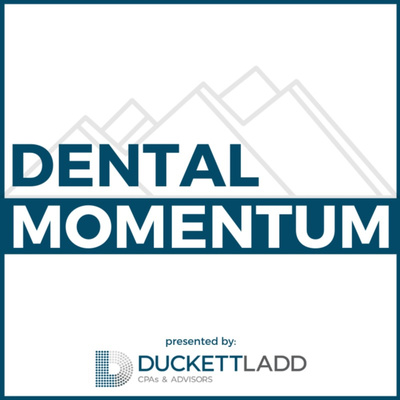When we think about business and profits, the word love seldom comes to mind. But these three concepts may actually be closer than you think.
In Gallup’s landmark “Q12” study, it was determined that profitability and business performance are strongly linked to the quality of relationships inside of a company. Employees who indicated they had best friends at work, or who had supervisors that cared for them as a person, performed better than those in organizations where relationships were more cold and “professional.” According to Paul Zak, author of a recent Harvard Business Review article entitled the “The Neuroscience of Trust,” the reason is trust.
When people trust each other, they share more. They also take more personal risks because they feel like their team will support them. Supported team members feel more motivated to work hard because they feel like others are also working hard. When trust is coupled with alignment, you get engagement. Companies with highly engaged employees outperform other companies by a significant margin: up to 22% increased profit according to another Gallup study.
I recently spoke with a CEO who was trying to launch a new software platform to track sales activity. He was lamenting about the resistance he was getting from his sales team. One salesperson even told him, “we know you are putting in this software just to monitor us”. The sales team didn’t trust their CEO, thus they were resisting a tool that would make their job easier and more effective. It’s not a coincidence that this same sales team struggled to hit their goals this past year.
Another team I met with shared a contrasting story. Their CEO had brought back several new improvement ideas from a conference and presented them for feedback as a team. The team could have resisted the new ideas, and the CEO might have demanded that the new ideas must be executed anyway. Instead, the team took the new ideas and vetted them together. They found the best parts and quickly integrated them into the company. Conclusion: the CEO trusted his team and the team trusted their CEO because each person was allowed to play their own role.
If you are looking to build profitability within your company trust is the place to start. And a great way to build trust is by having open, compassionate conversations. This is where the love comes in; trust is easily built when the opposing person feels you care about them. Love is the bridge from uncertainty to trust.
There is no one I trust more than my wife, Julie. That didn’t start from day one. In fact, for one of our first dates, Julie asked me to attend a piano concert with her. She was studying music and when we met, I had told her that I loved music and was very knowledgeable about it. At the concert, Julie was taking lots of notes for a class, but she wouldn’t let me see them.
At the end of the concert, she asked me what I thought of the performance. She was testing my knowledge. Fortunately, I really did know enough to give a reasonable evaluation of the performance that aligned with hers. Through this conversation and many others, we built up trust for one another.
In the same way, you can lead employees to build trust with each other and with management by initiating meaningful conversations. If two departments aren’t collaborating well, bring the two together to have an open conversation. If a manager thinks an employee is not performing well, lead the manager to talk with that employee early and often.
Conversations build trust and alignment. Trust and alignment build engagement. Engagement builds profits because everything works better.
Try a little more love in your business. Talk to your people and listen to what they have to say. Make sure they talk to and listen to each other. These “soft practices” will yield hard results
Don cofounded People Centric Consulting Group with Randy Mayes. Don is a popular keynote speaker delivering high-energy, interactive and often humorous presentations on topics including managing Millennials, building a healthy culture, developing better managers and leaders, and methods of handling toxic employees. His primary role at People Centric is business development, although he still works with many clients. His favorite saying is “Passion is Productive.”








